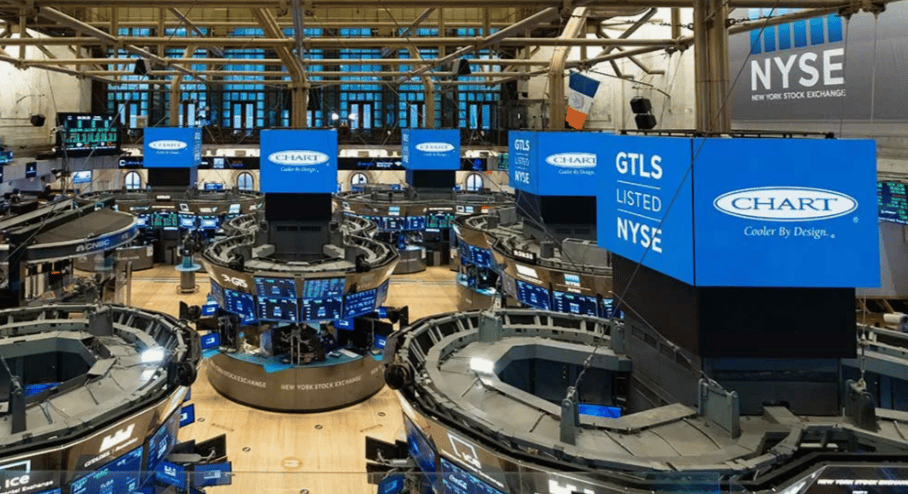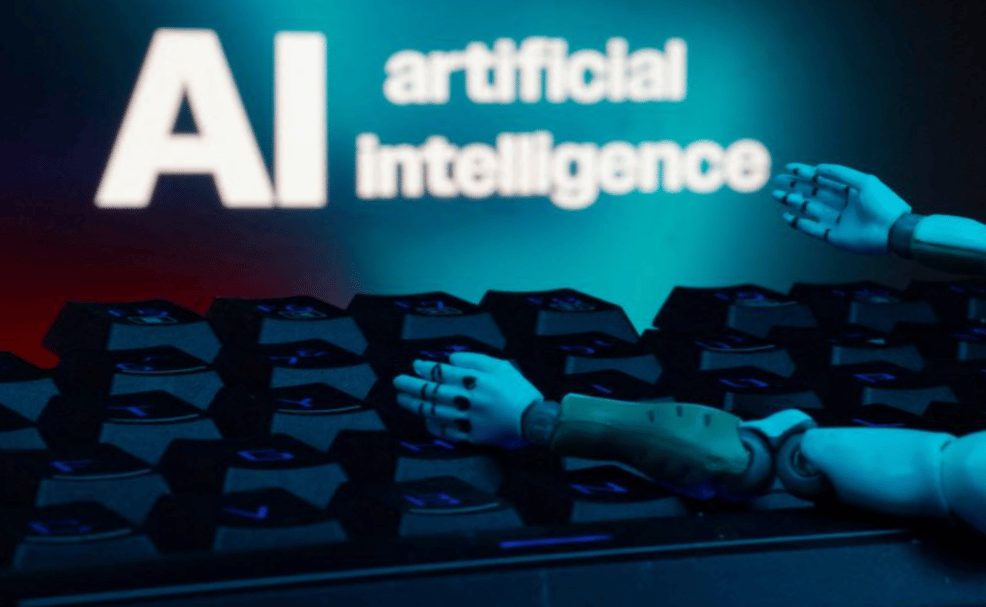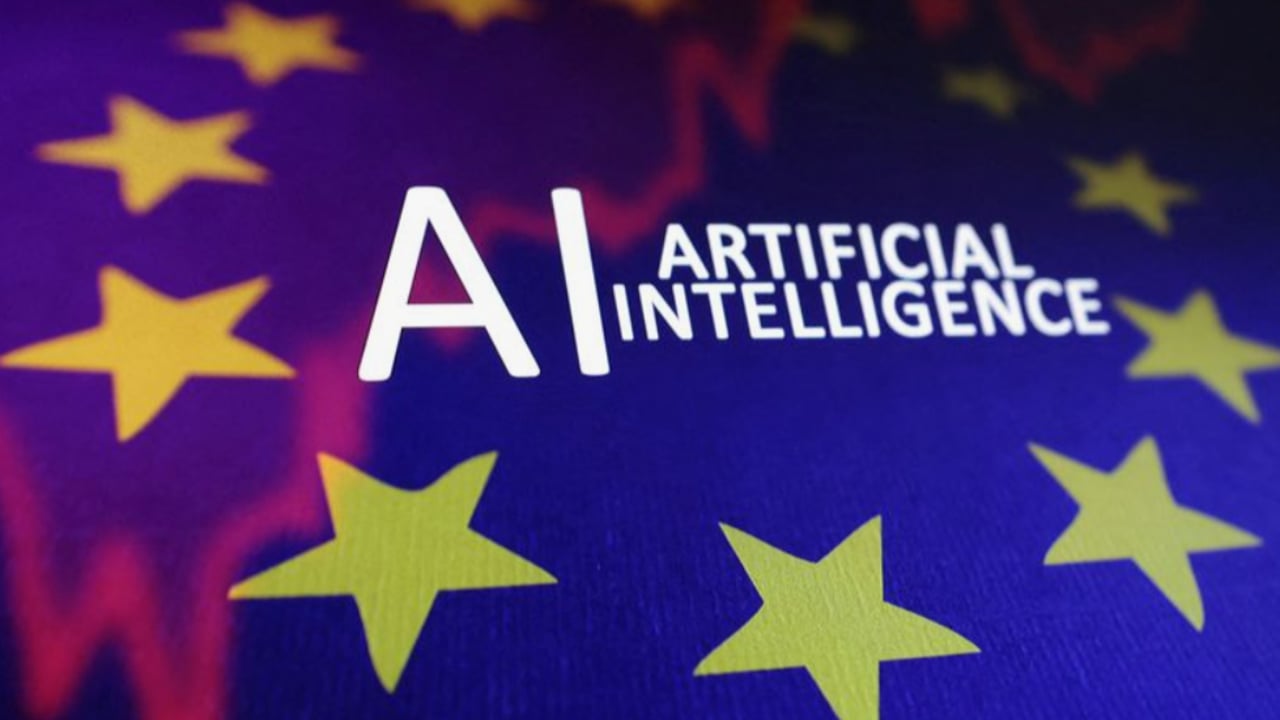European companies investing heavily in generative artificial intelligence now face mounting pressure to turn their sizable investments into profits by next year. With record investment sums and high entry costs into the booming AI sector, any delay in achieving profitability could shake stakeholder confidence, especially amid a broader market downturn driven by recession fears.
Investment Expectations and Profit Pressures
Achieving profitability in generative AI projects has become a vital benchmark for sustaining market confidence. Should financial returns be delayed, stakeholders may reassess their positions, leading to downward pressure on stock values. Recent market events highlight several critical factors:
- A significant sell-off in technology stocks triggered by the launch of the affordable Chinese AI model DeepSeek.
- A general market decline amid rising concerns over a potential recession.
Impact of the DeepSeek Launch
The introduction of the DeepSeek model in January marked a pivotal moment for the tech sector. Its launch reduced the need for high-cost chips, as the model relies on more cost-effective hardware alternatives. Despite this shift, there have been notable positive developments. For instance, shares of chip manufacturer Nvidia, often synonymous with the AI boom, registered a 29% increase over the past year—even as their stock experienced temporary setbacks due to DeepSeek's market entry.
Key Factors Influenced by DeepSeek
1. Reduced demand for expensive chips traditionally used in high-end AI applications.
2. Increased pressure on the valuation of technology companies.
3. Challenges to established business models reliant on high-cost hardware.
4. Amplified recession concerns impacting both global and regional markets.
Analysis of Stock Market Movements in Europe
Although the European market offers a smaller selection of AI-related stocks compared to Wall Street, significant volatility is evident in both hardware manufacturers and companies that utilize AI technology.
- Hardware manufacturers:
• ASM International experienced a 25% decline in share value following market sell-offs.
• BE Semiconductor saw a 20% drop amid growing uncertainty.
• French supplier Schneider Electric, key in powering data centers, recorded a 14% decrease.
In contrast, firms using AI technology exhibit more moderate fluctuations:
- LSEG Group shares declined by 5.5%.
- RELX Group stocks dipped by only 1.6%.
- SAP, the German developer of business applications, fell by 2.9% yet maintained its status as Europe’s most valuable company.
Major Elements Influencing the European AI Sector
- Profit expectations linked to generative AI investments.
- External factors such as the disruptive launch of new AI models affecting demand for advanced hardware.
- Shifts in market sentiment amid broader economic downturns.
Conclusion and Future Outlook
European companies at the forefront of generative AI face a challenging but dynamic environment where ambitious technological initiatives intersect with economic headwinds. Despite short-term volatility triggered by innovations like DeepSeek and overall market declines, ongoing advancements in technology continue to underscore the sector’s long-term growth potential. Securing rapid profitability from extensive AI investments remains essential for sustaining market confidence and competitive strength.








Visionary strategies in tech acquisitions are sparking a new chapter for automation